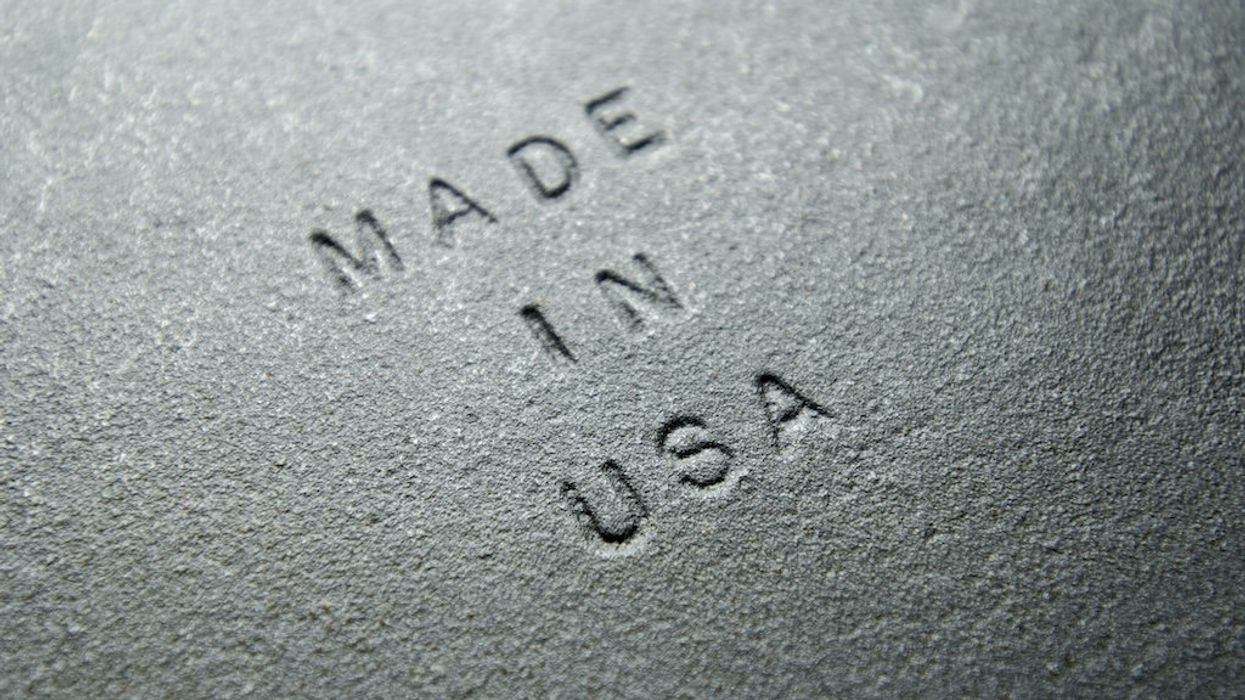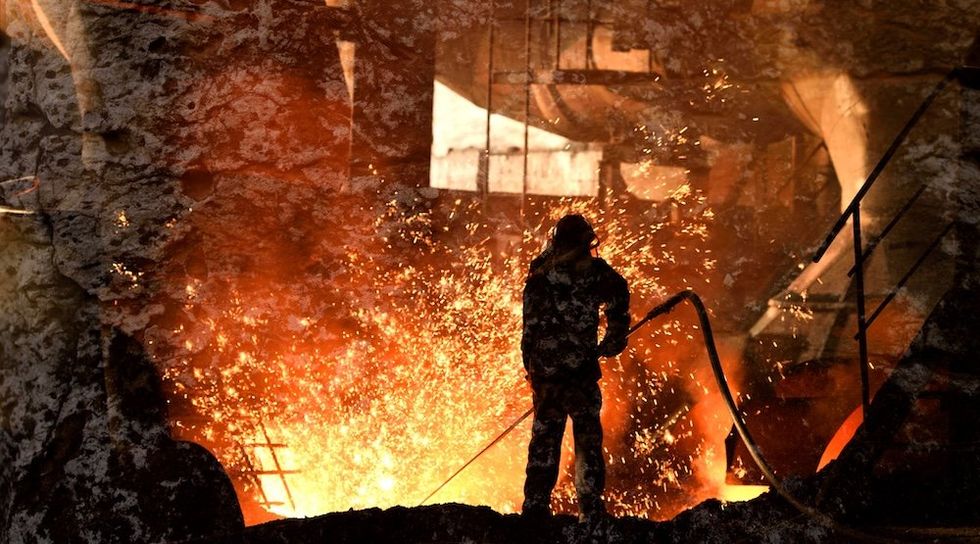
joecicak via iStock/Getty Images

David Ricardo’s theory required capital to stay put. Globalism vaporized that premise. Today’s economy needs clear-eyed policy, not wishful thinking.
In a recent Financial Times column, economist Burton Malkiel slammed President Trump’s tariffs as economically “foolish,” arguing they violate the supposed universal truth of comparative advantage. He’s wrong — on both the economics and the reality.
First, comparative advantage only applies when nations trade goods for goods. Today, the U.S. trades goods for assets and debt. That alone breaks the model. Second, comparative advantage only holds when capital stays put. But in the real world — our world — capital moves. Factories relocate, labor follows, and production shifts across borders. That’s not a flaw in the theory. It’s a fatal contradiction.
America doesn’t need more academic theory. It needs factories. It needs jobs. It needs to win again.
Malkiel either doesn’t understand these limitations — or he does and hopes you don’t.
Comparative advantage, a theory made famous by David Ricardo in his 1817 work “On the Principles of Political Economy and Taxation,” says countries should produce what they’re best at and trade for the rest. This specialization, Ricardo argued, makes everyone richer by boosting global efficiency.
Malkiel trots out the textbook example: If Britain and France each devote 100 hours to making cloth and wine, both benefit more by specializing — Britain in cloth, France in wine — and trading. Total production rises, and both countries gain.
That’s the theory. It’s clean, tidy, and wrong — at least in the modern world.
Ricardo himself acknowledged the theory only works when countries trade goods for goods. If one country, like the United States, trades away past and future production — assets and debt — in exchange for foreign-made goods, comparative advantage fails.
When trade isn’t backed by production, it doesn’t encourage specialization. It incentivizes offshoring. In Ricardo’s own words: “It would undoubtedly be advantageous to the capitalists of England that the wine and cloth should both be made in Portugal.”
In other words, once capital moves, the model collapses. Malkiel conveniently ignores that Ricardo flagged this problem over 200 years ago.
Ricardo also assumed that capitalists would stay loyal to their country. “Most men of property,” he wrote, “will be satisfied with a low rate of profits in their own country.” But what happens when they’re not? What happens when loyalty gives way to margin-chasing?
You get modern America.
When Ricardo wrote, moving capital across borders was almost impossible. Machinery couldn’t be exported. Tariffs hovered above 50%. Capital markets barely functioned. Transportation was slow and expensive. Endemic warfare prevented a large-scale commodity trade. Ricardo’s world had walls. Comparative advantage worked because it couldn’t be easily gamed.
But after his death, many of those barriers fell. By the mid-19th century, British capital was pouring into overseas markets. In 1815, Britain had £10 million invested abroad. A decade later, it topped £100 million. By 1914, Britain held more than a third of its national wealth overseas — while domestic investment cratered.
RELATED: Trump’s trade crackdown may be US Steel’s last shot

That same trend now defines America’s trajectory. Since 1974, the United States has run a trade deficit every single year. The cumulative value: $25 trillion. We paid for it by selling assets and IOUs. As a result, more than 60,000 factories closed, and seven million well-paying manufacturing jobs vanished.
And what did we get in return? Cheaper toasters. Pricier patriotism.
Malkiel says tariffs violate economic law. But tariffs helped build American prosperity in the first place. They protected domestic industry. They ensured investment stayed here, not in Shanghai or Shenzhen. They gave workers stable, high-paying jobs — and gave communities a chance to thrive.
Today, tariffs offer the best chance to reverse the offshoring spiral. They don’t reject trade. They demand fair terms. They recognize that production equals power — and that giving away your manufacturing base in the name of theoretical efficiency leads to real-world decline.
Free trade zealots preach like high priests of a failed faith. They chant comparative advantage like it’s economic scripture. But America doesn’t need more academic theory. It needs factories. It needs jobs. It needs to win again.
And tariffs — not another foolish lecture from the Financial Times — offer the clearest way back.
Spencer P. Morrison